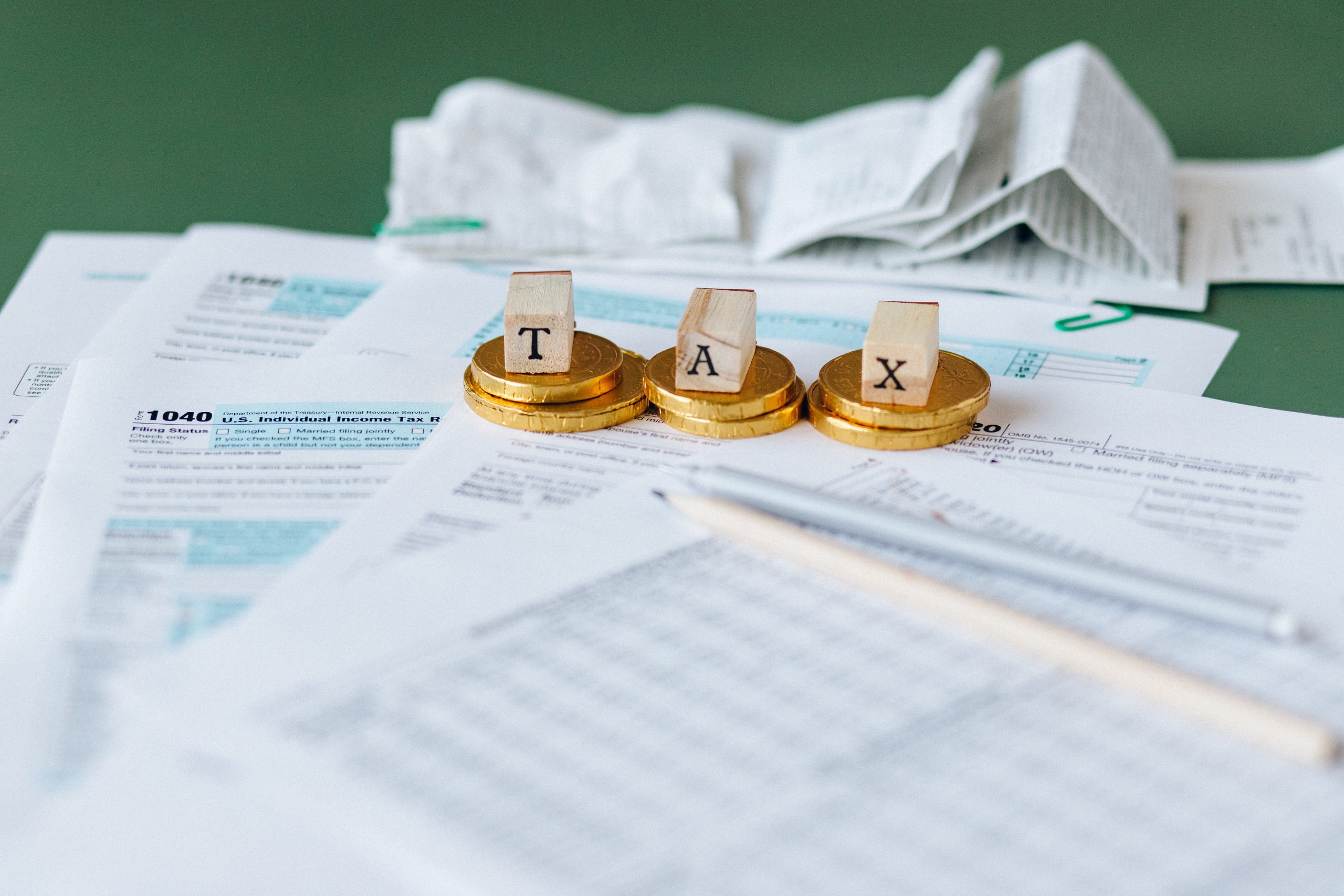We are delighted to announce that on 6th March 2025, we completed the acquisition of London-based accountants John Cumming Ross Limited (JCR) and its subsidiary Jaycee Comservices Limited.
The deal will see JCR rebrand to Shenward immediately, with all employees and directors remaining in their current roles.
The acquisition is a strategic move for us, aligning with our existing London-based client portfolio and well-established network of partners, introducers, and referrers in and around the city. Increasing our physical presence in London is part of Shenward’s ambitious UK expansion strategy, aiming to establish a presence in major cities nationwide.
As a firm, we have been actively scaling our operations since 2018, when we acquired Leeds-based practice Cox, Costello and Horne. This was followed by the launch of our specialist sports, media, and entertainment division in 2020 and the purchase of a new 8,000 sq. ft. headquarters in Cleckheaton in 2021. As a result, we have grown on average by around 15% each year for the last five years.
By 2030, we aim to acquire two more accountancy practices, welcome a fourth partner and expand to a 100-person team. The acquisition of JCR is a significant milestone in this journey given Shenward will effectively double in size both from a team and client perspective overnight.
Sherad Dewedi, our managing partner here at Shenward explains: “We set our hearts on London being the next city for us to establish a base given the growth we’ve witnessed in our client base and professional network there. So, when we were introduced to JCR as a potential acquirer, it immediately felt like the right move for us. The founding members have built a fantastic business, and we are proud to bring the firm and its team under the Shenward group.
“London is a global hub for financial services and a key driver of the UK economy, and so the demand for professional accounting advice and business support has never been greater. I can’t wait to see what opportunities this move presents for our team and our clients.”
John Cumming Ross is an established Accountancy practice helping clients remain compliant and become more efficient with their financial affairs. Since founding almost four decades ago with just a small team, the firm has grown substantially, now operating at an international level and has over 20 employed professionals, a large roster of clients, and a reputation for delivering excellence.
Operating as Shenward, they will continue to provide the same level of excellence across accounts, payroll and VAT, audit and assurance, financial planning, tax planning and consultancy.
Dilip Unarket, director at John Cumming Ross Ltd commented: “Having met Sherad and the wider management team and learnt about their business, I am confident that acquisition will take JCR to new heights. Right now, businesses are navigating complex financial and regulatory landscapes. With the extra backing of the Shenward team, our firm will be well-positioned to support the increasing needs of businesses.”
Special thanks to the Lloyds Banking Team and Eaton Smith who were involved in this acquisition.





